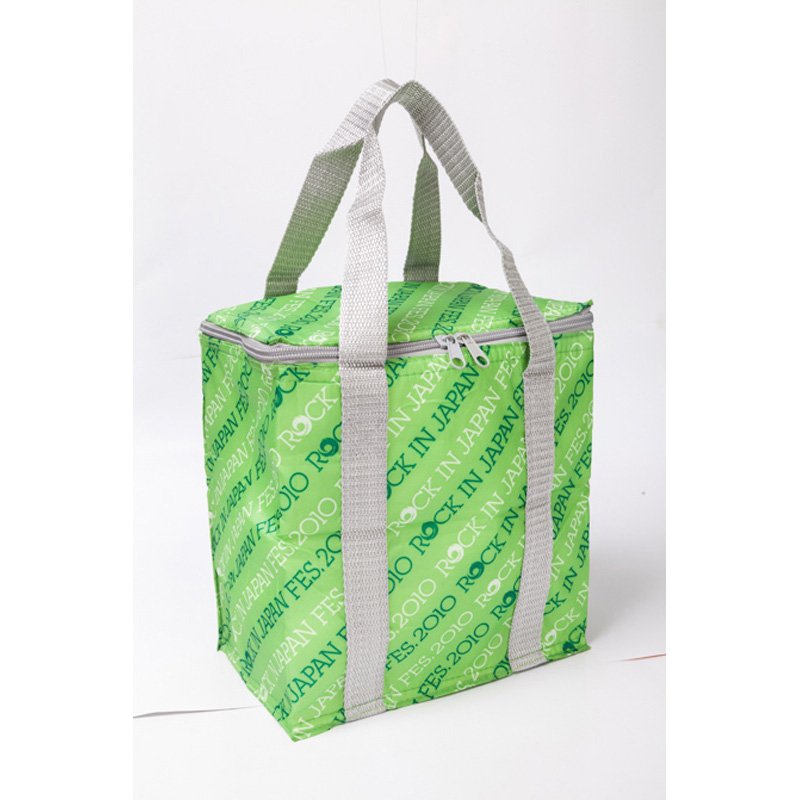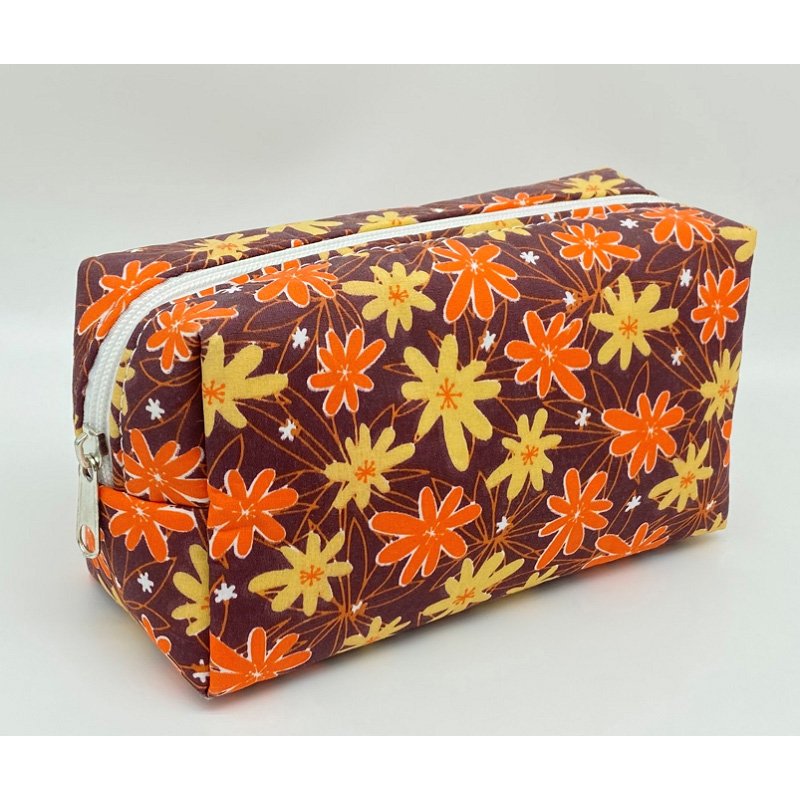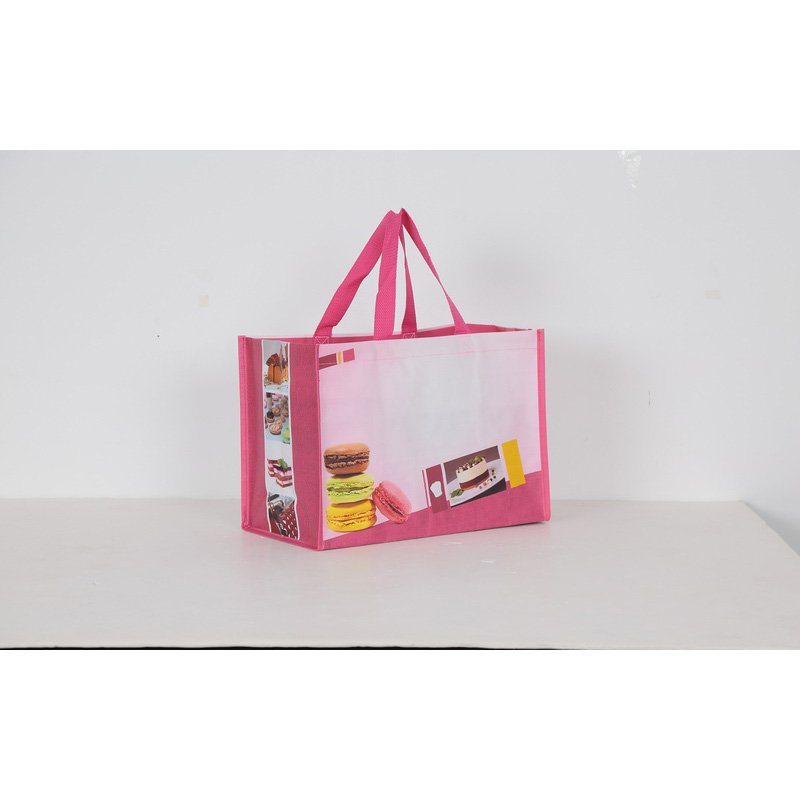Waist bags, also known as fanny packs, have made a significant comeback in recent years, thanks to their practicality and stylish appeal. However, with increasing environmental consciousness among consumers, a critical question arises: are polyester waist bags eco-friendly? This article delves into the environmental impact of polyester waist bags, exploring their production, lifecycle, and potential for sustainability.
Understanding Polyester: Composition and Production
What is Polyester?
Polyester is a synthetic fabric made from petrochemicals, primarily derived from petroleum. It is one of the most widely used fabrics globally due to its durability, lightweight nature, and resistance to shrinkage and wrinkles. The most common type of polyester is polyethylene terephthalate (PET), which is also used in plastic bottles and packaging.
The Production Process of Polyester
The production of polyester involves several steps:
Polymerization: Ethylene glycol and terephthalic acid are chemically reacted to form PET.
Spinning: The PET is melted and extruded through spinnerets to form fibers.
Drawing: These fibers are stretched to increase strength and flexibility.
Weaving or Knitting: The fibers are woven or knitted into fabric.
Finishing: The fabric undergoes various treatments to enhance its properties, such as dyeing, heat setting, and coating.
The production of polyester is energy-intensive and relies heavily on non-renewable resources, contributing to its environmental footprint.
.jpg)
Environmental Impact of Polyester Waist Bags
Energy Consumption and Carbon Emissions
The manufacture of polyester is an energy-intensive process. According to the Ellen MacArthur Foundation, the production of polyester generates approximately three times the carbon emissions of natural fibers like cotton. This significant carbon footprint is a major environmental concern, especially in the context of climate change.
Resource Depletion
Polyester is derived from petroleum, a non-renewable resource. The extraction and processing of petroleum not only deplete finite resources but also cause environmental degradation, including habitat destruction and oil spills. This reliance on fossil fuels is a critical issue in the sustainability of polyester products.
Microplastic Pollution
One of the most pressing environmental issues associated with polyester is microplastic pollution. When polyester fabrics are washed, they shed tiny plastic fibers, known as microfibers, into wastewater. These microfibers are difficult to filter out and often end up in oceans and waterways, where they can harm marine life and enter the food chain.
Waste Management and End-of-Life Concerns
Polyester waist bags, like other synthetic products, pose challenges at the end of their lifecycle. Polyester is not biodegradable, meaning it can persist in the environment for hundreds of years. Improper disposal of polyester products contributes to landfill accumulation and environmental pollution.
.jpg)
Potential for Sustainability: Recycled Polyester
What is Recycled Polyester?
Recycled polyester, often referred to as rPET, is made from post-consumer plastic waste, such as plastic bottles. The process involves cleaning, shredding, and melting the plastic to form new fibers. The goal of rPET is to reduce reliance on virgin petroleum and mitigate some of the environmental effects of traditional polyester.
Benefits of Recycled Polyester
Reduced Resource Consumption: By using existing plastic waste, recycled polyester reduces the need for new petroleum resources.
Lower Carbon Footprint: The production of recycled polyester generally requires less energy and generates fewer carbon emissions compared to virgin polyester.
Waste Reduction: Recycled polyester helps divert plastic waste from landfills and oceans, addressing the issue of plastic pollution.
.jpg)
Challenges and Limitations
Despite its benefits, recycled polyester is not without challenges. The recycling process can degrade the quality of the fibers, limiting the number of times polyester can be recycled. Additionally, the environmental impact of microfibers remains a concern, as recycled polyester can still shed microplastics.
Conclusion
Polyester waist bags offer convenience and style, but their environmental impact cannot be overlooked. By balancing practicality with environmental consciousness, we can enjoy the benefits of waist bags while minimizing their ecological footprint. If you are looking for a fashionable polyester waist bag, look no further than Neway! For more information, please visit our site today!

.jpg)




